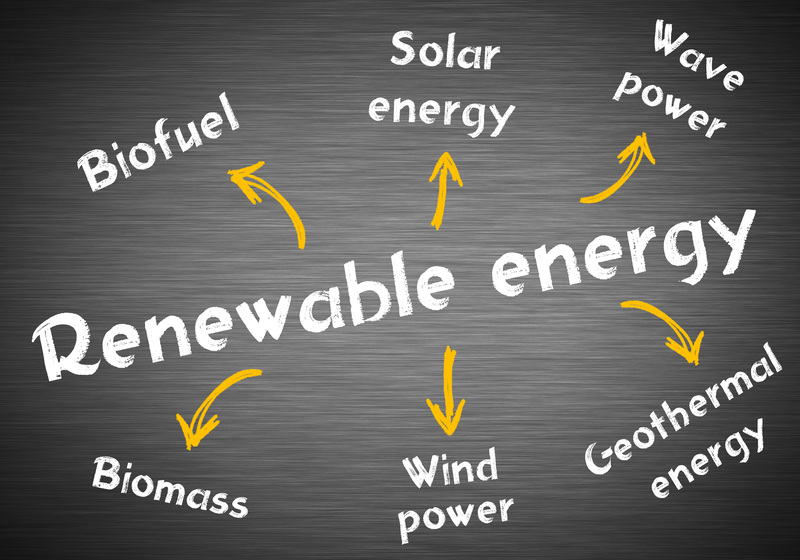Go Green: 10 Effective Ways to Lower Green Waste
With the world focusing more on sustainability, reducing green waste is an essential part of environmental conservation. Green waste, which includes yard debris, food scraps, and other organic materials, can overburden landfills and contribute to greenhouse gas emissions when not disposed of properly. Luckily, there are numerous methods to reduce green waste effectively, making your lifestyle more eco-friendly. Below, we will explore ten practical and impactful ways to decrease your green waste.
1. Start Composting
Composting is one of the most efficient ways to handle organic waste. By turning your garden and kitchen scraps into compost, you enrich your garden's soil instead of sending waste to landfills. To start, gather your fruit peels, vegetable scraps, coffee grounds, and garden clippings. Place these materials in a compost bin and regularly turn the pile to aerate it and speed up decomposition. Over time, you'll produce rich, fertile soil perfect for planting.
Benefits of Composting:
- Reduces landfill waste
- Enriches soil quality
- Decreases the need for chemical fertilizers

2. Implement Yard Waste Recycling
Yard waste, including leaves, grass clippings, and branches, comprises a significant portion of green waste. Many communities offer yard waste recycling programs where these materials are collected separately for composting or mulching. Check with your local waste management services to see if yard waste collection is available and participate fully.
3. Practice Grasscycling
Instead of bagging grass clippings, leave them on your lawn to decompose naturally. Known as grasscycling, this process fertilizes your lawn as the clippings break down, returning nutrients to the soil and cutting down on yard waste.
Why Choose Grasscycling?
- Reduces the need for synthetic fertilizers
- Conserves time and labor
- Maintains moisture in soil
4. Conscious Food Purchasing
Avoiding over-purchasing food is another critical aspect of reducing waste. Plan meals, create shopping lists, and stick to them to prevent food from going bad and ending up in the trash.
5. Cook Smart and Minimize Waste
Use every part of the produce when cooking. For instance, vegetables like broccoli stems, carrot tops, or beet greens can be included in soups or stews. Moreover, find creative recipes for leftovers, transforming them into delicious new meals.
6. Share or Donate Excess Produce
If you grow your own fruits or vegetables and have a surplus, consider sharing with neighbors or donating to food banks. This ensures that excess food doesn't become waste and helps reduce community food insecurity.
7. Opt for Recyclable Yard Materials
When embarking on garden projects, choose materials that are recyclable or biodegradable to reduce waste. Examples include using newspaper or cardboard as weed barriers, which can later be composted.
8. Reduce Packaging Waste from Yard Supplies
Purchase yard products in bulk or choose items with minimal packaging when possible. Many gardening supplies are overly packaged, which contributes considerably to landfill waste.

9. Educate and Involve the Community
Organize community clean-up days or workshops to educate your neighbors about the benefits of reducing green waste. The collective effort can have a significant impact over a larger area and encourages a sustainable lifestyle.
10. Support Green Waste Management Programs
Support local initiatives that focus on expanding green waste management programs. Advocate for policies that promote composting, yard waste recycling, and the development of facilities that handle organic waste efficiently.
Conclusion
By adopting these ten strategies, you can substantially reduce your green waste, contributing positively to environmental sustainability. From starting a compost bin at home to supporting community initiatives, every step you take towards reducing your green waste is a step towards a healthier planet. Therefore, embrace these changes and inspire others to do the same, ensuring that our environment remains clean and sustainable for future generations.